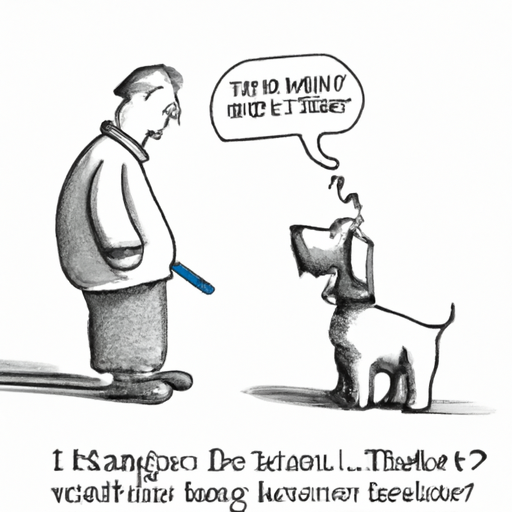Dogs, just like humans, have their own unique ways of expressing themselves. One such behavior that might puzzle you is when your dog’s jaw starts chattering. This article aims to shed light on this behavior, helping you understand why your canine friend does what he does.
H2: Understanding Your Dog’s Body Language
Dogs communicate in various ways, and much of their communication comes from their body language. Jaw chattering, though odd and a bit worrying, is a part of this language. It can signify a range of emotions or physical conditions. Just like how a wagging tail doesn’t always mean happiness, jaw chattering doesn’t necessarily mean something is wrong.
H2: Reasons for Jaw Chattering
There are several reasons why your dog’s jaw might be chattering. Here are the most common ones:
- Excitement or Anticipation: Dogs often chatter their jaws when they are excited or anticipating something, like their favorite treat or a walk.
- Sense of Smell: Dogs have an incredible sense of smell, and sometimes, they chatter their jaws when they’re picking up a particular scent.
- Cold: Just like humans, dogs can chatter their teeth when they’re cold.
- Oral Pain or Dental Issues: If the chattering is accompanied by other signs like drooling or resistance to eat, it could indicate oral pain or dental issues.
- Neurological or Behavioral Issues: In some cases, jaw chattering can be a symptom of certain neurological or behavioral disorders.
H2: When to Be Concerned
While occasional jaw chattering might not be a cause for concern, certain signs should prompt you to seek veterinary attention. Here’s a short list:
- Persistent or frequent jaw chattering
- Significant changes in eating habits
- Drooling or bleeding from the mouth
- Signs of distress or discomfort
H2: Preventing and Addressing Jaw Chattering
Preventing jaw chattering largely depends on its cause. Here are some measures you can take:
- Keep your dog warm if they are cold.
- Maintain oral hygiene to prevent dental issues.
- Consult a vet if you suspect any health or behavioral issues.
Remember that regular check-ups with your vet can help identify and address potential problems early on.
H2: Frequently Asked Questions (FAQs)
Q: Is jaw chattering common in specific breeds?
A: Jaw chattering can occur in any breed. However, some breeds may be more prone to dental issues, which can lead to jaw chattering.
Q: Does jaw chattering mean my dog is cold?
A: It can be a sign, but it’s not the only reason. If your dog is also shivering and showing other signs of being cold, you might want to warm them up.
Q: Should I always take my dog to the vet if their jaw is chattering?
A: Not necessarily. If it’s a one-off occurrence and your dog shows no other signs of discomfort or change in behavior, it might not be a cause for concern. However, if it’s frequent or accompanied by other symptoms, it’s best to consult your vet.
Understanding your dog’s behavior might seem like a puzzle at times. But with patience, observation, and a little help from professionals, you can build a stronger bond with your furry friend, providing them with the care and comfort they need.



